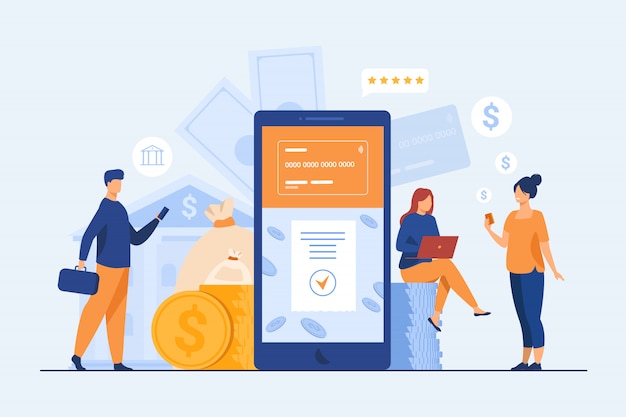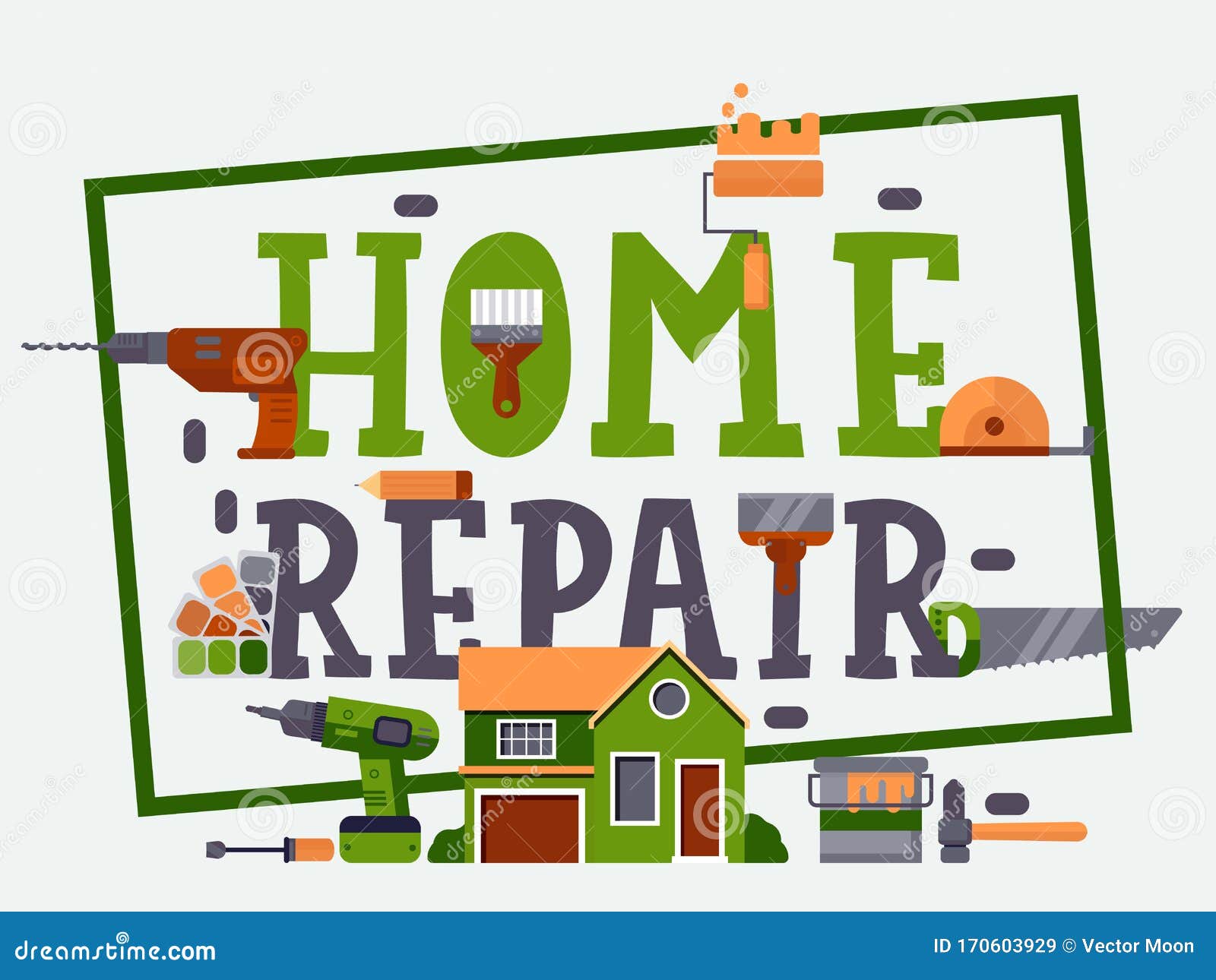Should I Invest in XRP?

There's no shortage of cryptocurrencies out there, but one of the most promising right now is XRP, which stands for Ripple and has the symbol XRP.
Ripple Labs created Ripple to provide fast, cheap, and near-instant global payments between two parties that don't necessarily trust each other (such as individuals or companies in different countries).
If you're thinking about buying some XRP of your own, here are some important things to know before you do so.
What Is XRP?
Ripple (XRP) is an open-source protocol that supports real-time gross settlement payments, RippleNet (which is a decentralized global network of banks and payment providers), and integration with other protocols.
This is one of the newer cryptocurrencies on CoinMarketCap, launching in 2012. Most people use it to send money overseas since it's quicker than most other cryptocurrencies.
The Basics of Cryptocurrency
Cryptocurrency is a kind of digital money designed to be secure and anonymous in many cases.
A defining feature of a cryptocurrency, and arguably its most endearing allure, is its organic nature; it is not issued by any central authority, rendering it theoretically immune to government interference or manipulation.
This is part of what makes cryptocurrency more appealing than traditional currencies.
Why Buy XRP (Ripple)?
To answer that question, you need to know what XRP is. The best way to think of it is as a bridge currency that connects various fiat currencies and cryptocurrencies.
Because it's all electronic, there are no banks or middlemen involved, so any time you're trying to send money across borders, Ripple (or its crypto-cousin) can help.
The goal behind Ripple is to make international transactions much faster and cheaper than they currently are, with major banks as middlemen.
It's a bold and ambitious plan-but if they succeed, making an investment in Ripple could be one of the smartest decisions you ever make.
If you want to invest in Ripple but don't have experience trading cryptocurrency, read our guide on where can I buy xrp before getting started.
What Kind of Return Can You Expect From an Investment in XRP
Even if you're not an investor, you've probably heard that cryptocurrencies have produced some incredible returns over the past several years.
If you haven't kept up with Bitcoin and other cryptocurrencies recently, here are a few things to know: Cryptocurrencies are experiencing explosive growth thanks to their secure blockchain technology, which makes them easy to mine and trade.
As a result, investors are chasing after any promising currency they can find. This year alone has seen major cryptocurrencies increase by more than 1,000%.
And there are plenty of opportunities for new investors to jump on board before Bitcoin and other major currencies reach their peak prices; currently, thousands of different types of cryptocurrency are available for purchase.
Where to Buy, Sell, and Trade Ripple (XRP) Cryptocurrency
We've never met an investor who prefers to leave his/her money on an exchange.
Just as you wouldn't buy a new car without a test drive, you shouldn't invest your hard-earned money into something if you haven't tested it first.
The best way to get started with trading crypto is to open a free account on one of many different crypto exchanges where you can buy, sell, and trade cryptocurrencies like Ripple (XRP).
We recommend starting off with Coinbase because they are simple and easy to use.
Conclusion: Should I Invest in XRP?
Should you invest in XRP? Yes. It's early days for cryptocurrencies, and there is a high probability that a large number of them will not survive.
Still, if one stands out from others, then it could yield huge returns and could very well become as valuable – or more valuable – than Bitcoin.

When Kurt Groszhans set out from North Dakota for Ukraine in 2017 news
- When Kurt Groszhans set out from North Dakota for Ukraine in 2017, he was eager to connect with his family’s ancestral

As a frequent traveler, I know the importance of having a valid passport
- I received my renewed passport within a week, which was much faster than I expected.

Italy military chaplain hits back at vaccine-mandate critic
- Italy’s Catholic military chaplain has pushed back strongly against calls by a former Vatican ambassador for the armed forces to resist

Top Notch And Outclass Apartment Painting Services in Dubai
- The individuals who work for you are the main piece of your organization. Each great manager knows this